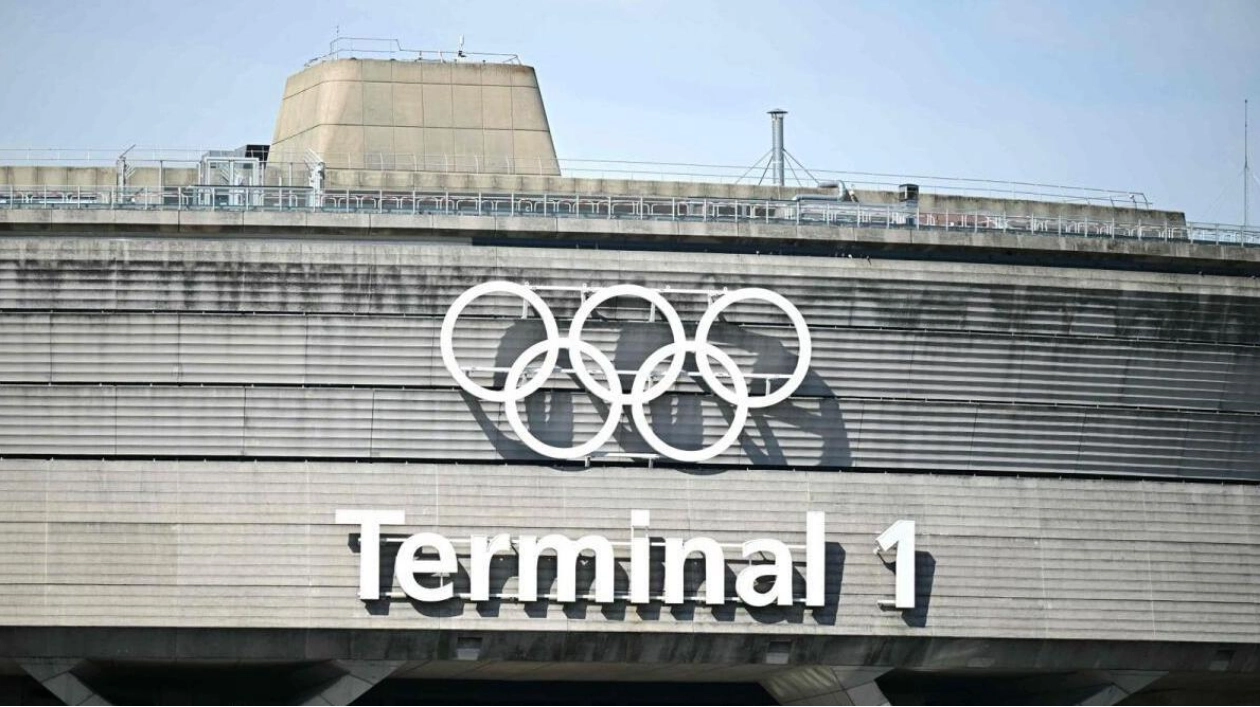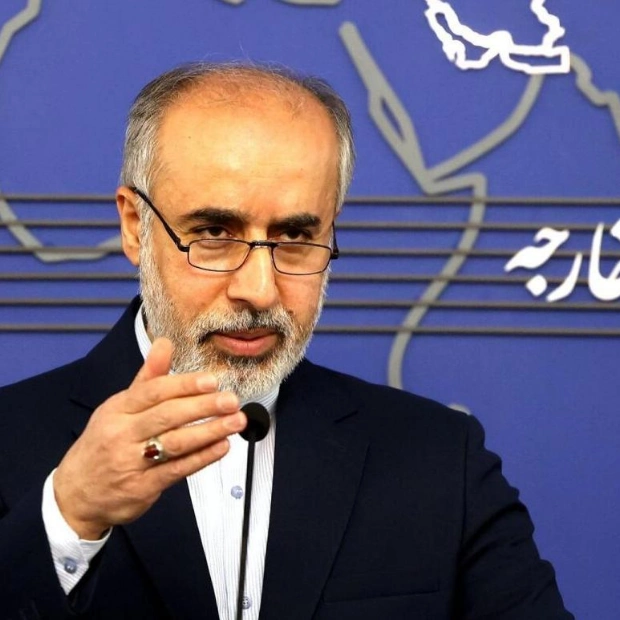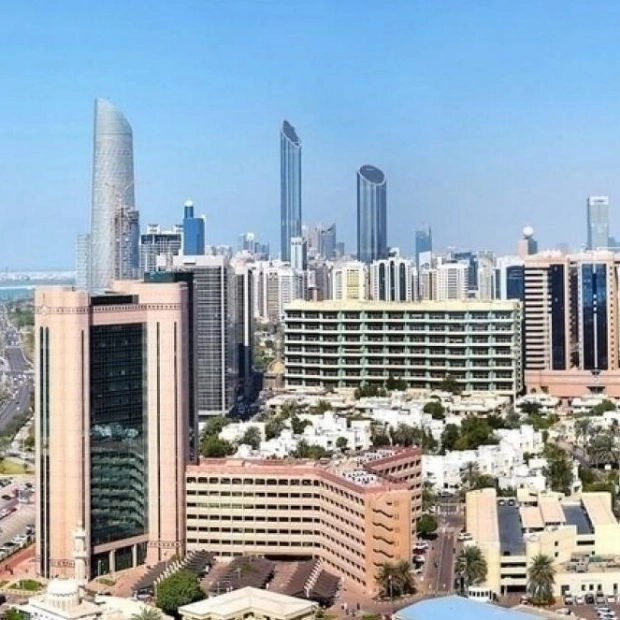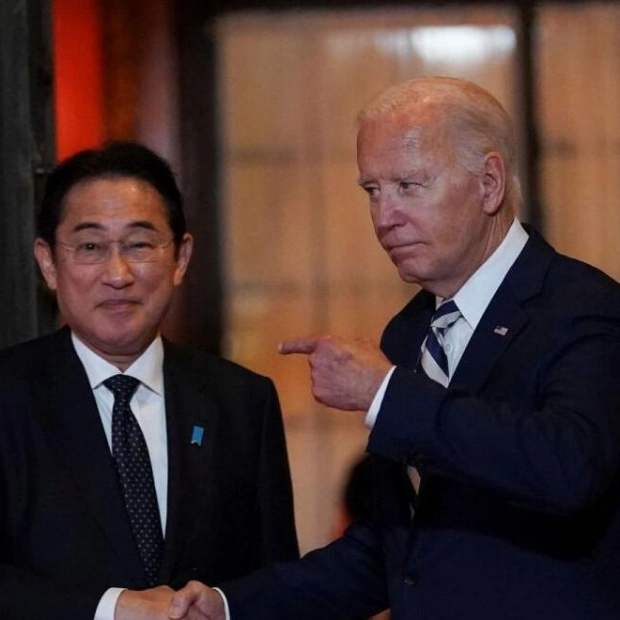A conflict between aviation employees and management at Paris's airports could overshadow years of preparations and a 50-million-euro investment for visitors and athletes attending the Paris Olympics this month. Unions at the state-controlled ADP group, which operates Charles de Gaulle and Orly airports, announced a one-day strike on July 17 to demand higher Olympics bonuses and additional staffing. If the dispute persists, it could affect the Games, with athletes scheduled to arrive in large numbers from July 18 and hundreds of thousands of ticket holders flying in before the July 26 opening ceremony.
The unions stated in a joint release on Monday that the strike was necessary due to the management's, particularly the CEO's, persistent refusal to meet their demands. Charles de Gaulle and Orly are expected to be the primary entry points for foreign Olympics fans, athletes, and equipment. However, the effectiveness of ADP's unions in mobilizing workers next week remains uncertain, as a previous strike on May 19 had minimal impact on operations.
Despite significant pay increases last year, the country's air traffic controllers went on strike again on April 25, leading to thousands of flight cancellations. Charles de Gaulle and Orly will be the first impression many foreign visitors and athletes have of Paris upon arriving for the Games. Consequently, ADP has invested 50 million euros in upgrading infrastructure, and French authorities are deploying additional resources to ensure a smooth and secure experience.
Julien Gentile, director of border security forces at Paris's airports, noted that there could be up to 300,000 travelers on a single day at Charles de Gaulle, significantly exceeding the daily summer average of 200,000 and the record 250,000 daily fliers in the summer of 2019. During the Games, 250 border posts will be operational, 100 more than usual, and will be staffed almost continuously with 2,000 additional personnel, including from the EU's border force Frontex.
Automated passport control machines and crowd-monitoring technology are also being used to prevent bottlenecks. One of the main challenges for ADP during the Olympics is managing irregular and sharp increases in demand. The busiest days are expected after the closing ceremony on August 11 when spectators, officials, and most of the 10,000 athletes will depart. This coincides with a significant transition period during the French school summer holidays.
Athletes will also arrive and leave with an estimated 47,000 pieces of luggage, including large and cumbersome items. A large, specially designed temporary oversized baggage terminal has been constructed at Charles de Gaulle, with a smaller version at Orly. In addition to the strike threats, unusual baggage, and demand spikes, the airports will also handle the arrival of thousands of VIPs, journalists, and officials from the International Olympic Committee.
The opening ceremony, which will be preceded by a summit hosted by French President Emmanuel Macron, will attract over 100 heads of state and government, all requiring protocol services and jet parking. A vast no-fly zone around Paris, with a radius of 150 kilometers, will be established during the opening ceremony, grounding all civilian flights. Once out of the terminals, regular travelers will encounter multilingual "welcome teams" offering travel advice and ticket purchasing assistance at the train stations.
Valerie Pecresse, the head of the greater Paris region, highlighted the extensive work done when unveiling the transport and security plans at the end of June. In the metro and train stations at the airports, police will increase patrols to deter pickpockets and chain snatchers. Regis Bailleul, deputy head of border forces at Charles de Gaulle, emphasized that France's image is at stake as the airports are the first impression for arriving passengers.






